The annual general meeting of IAPS (AGM) was held during the ICPS in Budapest on Tuesday 16th August 2011. The minutes were published at the beginning of September, but here are the most important results:
11-15 October 2011
DESY, Hamburg, Germany
CP³-Origins is co-organizing an autumn school on Particle Physics and Cosmology with DESY and the Georg-August-Universität Göttingen.
Help us help you
Are you a physics enthusiast with a high potential energy? Here at IAPS we can help you convert that into kinetic energy by helping out in tasks like finding sponsors, updating the website, solidifying an event and much more. Did we get you interested? Then send us an email to volunteers {at} iaps {dot} info and we’ll send you more information.
Only 2 days are left till the ICPS in Budapest starts and the local organisers are busy with the last preparations. Those who can’t be there this year, can already save the date for the next one in the Netherlands: August 4th till 10th 2012.
For 2013, we have bids from LC Novi Sad and NC United Kingdom & Ireland.
Cancellation of the Portugal trip
Because of the small number of participants (less than 10) whom have paid the registration fee for attending iaps2energies 2011 we regret to inform you that this event is cancelled.
A social program will be made for those whom want to come to Porto and also they will have guidance if needed in that period.
The paid registration fees will be reimbursed as soon as possible.
Balkan Summer School 2011
The BS2011 School – Cosmology and Particle Physics Beyond the Standard Models
The goal of this School is to improve the students’ and young researchers’ knowledge in the scientific fields of the event.
Lecturers will give 3-4 lectures, 90 minutes each, starting from an introductory level and then gradually approaching an advanced research level.These lectures will be followed by tutorials/exercises and/or discussions. Expected number of School participants is about 50.
The deadline for the application for the financial support is extended till May
31st 2011.
All applicants will be informed about their level of support by June 15th 2011.
Physics in Ljubljana
July 17-24 2011
Ljubljana, Slovenia
The aim of the Summer School is to review the highlights of the physics research based in Ljubljana and to introduce the Master and PhD programs in physical sciences at the University of Ljubljana.
The summer school will take place at the Department of Physics, Faculty of Mathematics and Physics, University of Ljubljana, Jadranska 19, SI-1000 Ljubljana, Slovenia.
The program will cover a range of experimental and theoretical topics in astrophysics, atomic physics, biophysics, computational physics, geophysics, mathematical physics, medical physics, meteorology, nuclear physics, nuclear engineering, photonics, physics education, physics of elementary particles, soft condensed matter physics, and solid state physics. Lectures will be complemented by tours of the experimental laboratories and other research facilities. Speakers will include professors and researchers from the University of Ljubljana and the Jozef Stefan Institute.
The summer school is best suited for students who have completed a Bachelor, first-cycle program in physics and are interested in pursuing an advanced degree in physics. Courses will begin Monday July 18 and end Friday July 22, and they will include an overview of advanced study programs in physical sciences at the University of Ljubljana. Courses will be held in English.
The junge Deutsche Physikalische Gesellschaft (the National Committee of IAPS in Germany) is holding its annual conference in Wolfsburg from 1st to 3rd of July 2011.
The topic of the meeting is Mobility and it will be held in German. More information can be found on jahreskongress.jdpg.de.
Students from outside Germany are cordially invited.
iaps2energies 2011
 If you haven’t made plans for the beginning of the summer yet we invite you to participate between 2nd and 7th of July 2011 at an event you will definitively enjoy.
If you haven’t made plans for the beginning of the summer yet we invite you to participate between 2nd and 7th of July 2011 at an event you will definitively enjoy.
You will have the chance to visit an amazing country, Portugal, and find out a lot of things about Renewable Energies by actually visiting Solar and Wind Plants and also Dams.
The participation fee is 143 euro and covers accommodation, meals and transport to all facilities.
More information here.
Registration for the trip can be made at this link.
